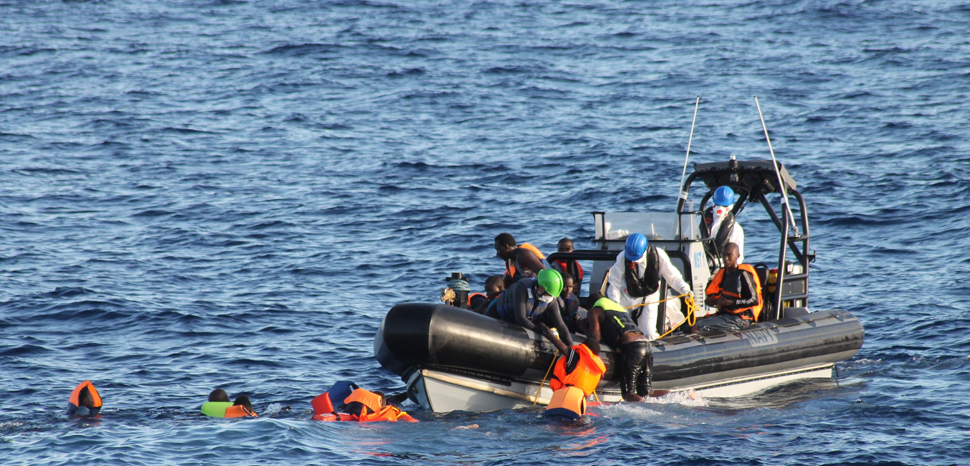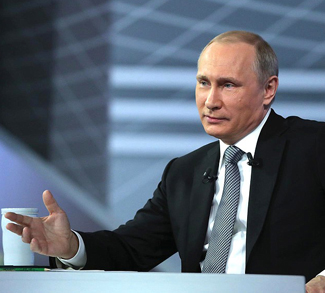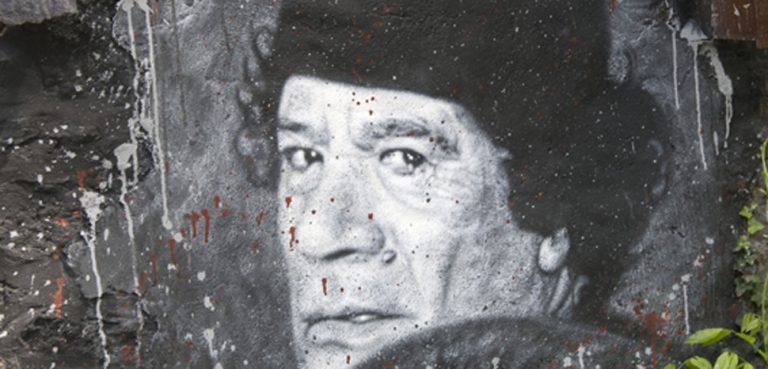Shortly before dawn on June 29, EU leaders managed to cobble together an agreement on the migration issue that had deeply divided the bloc and threatened to topple German leader Angela Merkel’s chancellorship. Governments and markets alike cheered the deal, with French President Emmanuel Macron proclaiming that European cooperation had “won the day.” Further relief came on July 2 after Horst Seehofer, Germany’s firebrand Interior Minister, scaled back tensions with Angela Merkel over migration.
This reprieve was quickly tempered by the deal’s lack of concrete promises in key areas. Merkel was notably more cautious than her French counterpart about the agreement. While visibly relieved that a consensus—however shaky—had been reached, she admitted that substantial work remained to be done to alleviate the tensions which have long split European nations on the subject of migration.
Matteo Salvini, the ‘power behind the throne’ of Italy’s new populist government, has made it abundantly clear that Italy will no longer open its borders to those seeking refuge from political instability in other nations. Salvini’s hard-line opinions on immigration—he marked his first official trip as deputy prime minister by sparking an international incident when he claimed that Tunisia was deliberately exporting its convicts to Europe—have led to a dispute between Paris and Rome over arrivals from North Africa, which has only been thinly papered over at the recent migration summit.
The current feud began after Rome turned away the Aquarius, an NGO-operated ship rescuing migrants from drowning in the Mediterranean. Macron sharply criticized the decision, decrying Italy’s “cynicism and irresponsibility” and recommending financial sanctions against countries which refused to take in their fair share of migrants. Salvini quickly struck back, claiming that despite France’s 2015 commitment to accept nearly ten thousand migrants, the country had only taken in a total of 640 migrants in the past three years. Meanwhile, Salvini’s fellow deputy prime minister Luigi Di Maio weighed in, commenting on Facebook that “Italy indeed faces a migration emergency and it’s partly because France keeps pushing back people at the border.”
Both Macron and Salvini, of course, can point to valid arguments to support their respective positions. Macron is correct in saying that the “wave” of arrivals from North Africa has slowed dramatically since 2015, hence the decrease in the number of migrants accepted by France. And Salvini is equally right that Italy — which has seen over 600,000 migrants land on its shores in the past five years — has been overwhelmingly responsible for taking in asylum seekers.
One of Salvini’s latest proposals to slow this flood of migrants is to establish migrant camps “south of Libya […] to help Libya as well as Italy block migration.” Salvini made the suggestion while visiting Libya to push for changes which would further reduce the stream of people attempting the dangerous crossing to Europe. On the same visit, Salvini effusively thanked the Libyan coast guard for intercepting migrants, and advocated for putting the full responsibility for such operations in the hands of Libyan authorities, rather than NGOs or EU forces.
Most international humanitarian groups do not share Salvini’s enthusiasm, fearing that the migrants Libya intercepted have been forced to return to squalid and inhumane conditions in Libyan refugee camps. Entrusting Libya with more control over regulating migratory flows is not a bad idea per se, but Libya’s fractious politics and internal instability mean that none of its competing governments can effectively and humanely control migration.
For this reason, European leaders, led by Macron, have prioritized getting Libya back on stable footing for the first time since the 2011 civil war. At a landmark summit at the Élysée last month, Macron secured a pledge from the four most important rival Libyan leaders to hold presidential and legislative elections this coming December. France is pinning its hopes on one of the four leaders in particular: General Khalifa Haftar. Haftar’s army has led the charge against Islamic extremist groups in Libya in recent years and is increasingly seen in Paris as Libya’s best hope for restoration and stability.
A onetime ally of Muammar Gaddafi – until the dictator abandoned him and his men after they were captured in Chad in 1987 – Haftar exiled himself to the United States. He finally returned to Libya seven years ago as part of a NATO coalition effort to depose Gaddafi, by which point he had integrated so thoroughly into American society that his return to the fray in Libya surprised many international observers. The general quickly gained support, however, from Libyans whose first priority was to resolve the lawlessness which has gutted the country since the Arab Spring. As one analyst with the Atlantic Council, a think tank, argued, Libya’s eastern region sees Haftar as a hero—“someone who was able to take initiative when [others] failed to do so.”
In vying for a leadership role, Haftar has emphasized this willingness to take decisive action, painting himself as the only candidate who can restore stability to the country by eradicating Islamist terrorist cells and curbing illegal migrant smuggling to Europe — no doubt endearing him to Macron and Salvini alike. Despite their enormous policy differences, both Macron and Salvini have identified fighting terrorism as a high priority, and having Libya as a reliable partner could be invaluable both in stamping out extremism and at soothing the migrant crisis. As France and Italy desperately struggle to find a policy consensus, could pushing for renewed stability in Libya be a rare avenue to compromise between Paris and Rome?
The opinions, beliefs, and viewpoints expressed by the authors are theirs alone and don’t reflect any official position of Geopoliticalmonitor.com.




